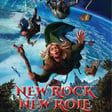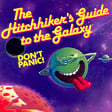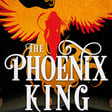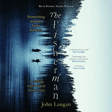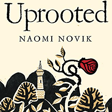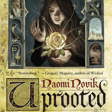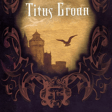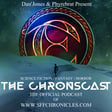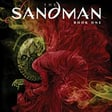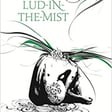
Gone Fishin' With John Langan
Ahoy ahoy! When the Beanstalker and I were drawing up our wish list for guests on the podcast, there was one name that @Phyrebrat was adamant that we try and get. That was the American author John Langan, who joins us for this episode. John is one of the masters of modern horror and whose seminal book The Fisherman, an exploration of guilt, diaspora history, and weird cosmic horror, won the prestigious Bram Stoker Award.
So we finally got hold of John and he joins us this month to celebrate the UK launch of The Fisherman (a full 7 years after its original publication!), and we talk all things horror. We discuss the book, of course, and the trends in horror, both modern and throughout the ages. We touch on Lovecraft, King, and some of the other heavyweights of the genre, but also the modern writers who form the "Brat Pack" of contemporary horror such as Paul Tremblay, Laird Barron, and our Chronscast friend Alison Littlewood.
John's a big-hearted bear of a man with a huge, barrelsome laugh, and he was great fun to talk with - we hope you enjoy the episode!
This episode features the first half of our talk with John, with the second half to follow in a couple of weeks.
Elsewhere, @The Judge casts her line far and wide and reels in a juicy talk about fish and fishing, and your perpetually inept hosts of Mars Radio 14 discover that the core essence of reality itself is magic. Or logic. Or a really big fish.
Index:
[0:00:00 - 1:05:51] - John Langan interview
[1:05:52 - 1:10:52] - Skit
[1:10:53 - 1:31:06] - The Judge's Corner
2nqhs38x5ZYM9Bb356IC



